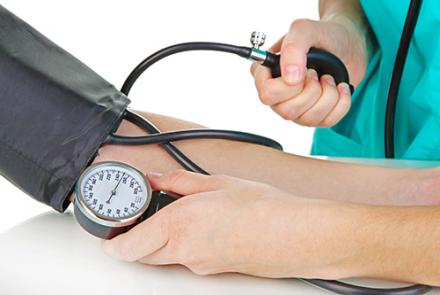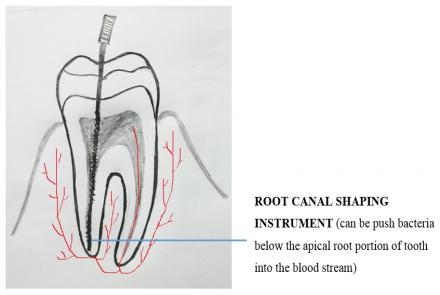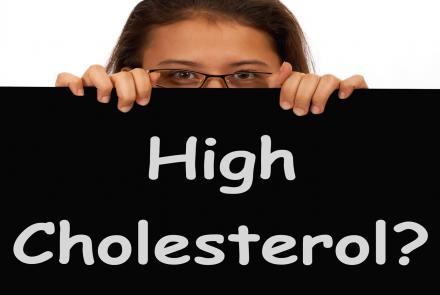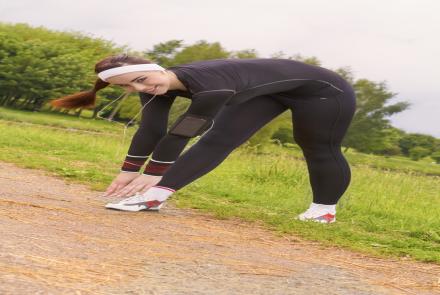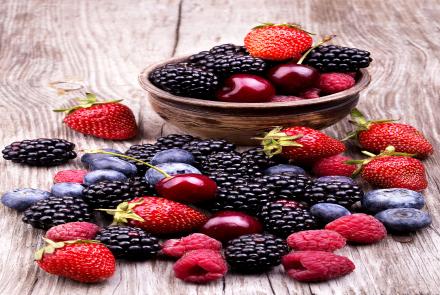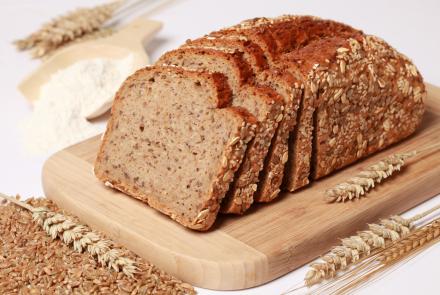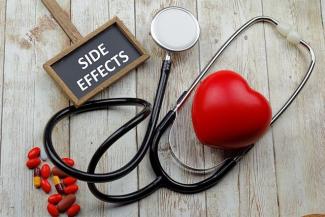
If you have any heart condition, it is likely you will be placed on one of the cardiac medications listed below. Your doctor can tell you which medications or combination of are best suited for you. We have listed the commonly prescribed drugs, their side-effects and drug interactions in two parts.
The second part is here.
Remember this is not a complete list and if you are taking or planning to take any prescription, dietary, herbal or natural supplements, please consult your Cardiologist or Primary Practitioner first.
The tables below are best seen on a laptop or tablet.
The common cardiac drugs have been broadly categorised into the following classes. In part 1 we cover:
-
Anticoagulants
-
Antiplatelet Agents and Dual Antiplatelet Therapy
-
Vasodilators
-
ACE Inhibitors
-
Angiotensin II Receptor Blockers
-
Angiotensin Receptor-Neprilysin Inhibitors
Anticoagulants
Commonly referred to as Blood Thinners, these are a class of drugs that prevent and decrease size of clots in arteries and veins. They work by disrupting the factors that cause coagulation inside the blood vessels. The dosage is very carefully monitored by your doctor. They do this by measuring your Prothrombin time (PR) and International normalized ratio (INR) periodically. Both these tests indicate your clotting rate. Here are the side-effects seen with these drugs.
|
Common Anticoagulants |
Side-effects |
|
Warfarin is the most common anti-coagulant. Heparin is mostly used when in hospital. Newer drugs that cause less bleeding include Rivaroxaban, Edoxaban, Apixaban, and Dabigatran |
|
Certain medications, foods and herbal remedies can interfere with anticoagulants. It is important you avoid all such possible and dangerous interactions.
|
Certain Medications |
Consult your doctor before taking an over-the-counter medication. Antibiotics, anti-fungals, pain killers, reflux pills are known to increase risk of bleeding. If you are on oral contraception, you must inform you doctor about it. Antidepressants, Corticosteroids, anticonvulsants (for epilepsy) and NSAIDs (Ibuprofen)can all be counterproductive. |
|
Vitamin K rich foods |
Vitamin K is known to be a clotting factor. It can reduce the effectiveness of Warfarin. Intake of high levels of Vitamin K foods must be avoided. These include Broccoli, Asparagus, Cabbage, Kale, Lettuce, Spinach, Mustard or Collard greens, Turnips greens and Endives. |
|
Vitamin E rich foods |
Vitamin E is a natural clot buster. Food rich in Vitamin E are Spinach, Tomatoes, Mangoes, Peanut butter, Almonds, sunflower seeds and oils derived from olive, corn and soy. |
|
Herbal remedies |
Some herbs can interfere with the anti-clotting abilities of your medication. Always ask your doctor before using any herbal supplements (pills, teas etc)or remedies. Some herbs to watch out for are Chamomile, Echinacea, Licorice, Ginseng, Willow bark, Gingko biloba, and Evening Primrose oil. |
|
Beverages |
Alcohol and Cranberry juice are drinks that must be avoided. |
|
Foods |
Some food products are natural blood thinners. Make sure, you speak to your doctor if you regularly partake of these food items. They include garlic, ginger, aniseed, and celery seeds. |
Antiplatelet Agents & Dual Antiplatelet Therapy
These are agents that prevent platelets from clumping together and forming clots. They work on both normal arteries and ones implanted with stents. When prescribed along with aspirin, it is known as dual anti-platelet therapy or DAPT. Here are the side-effects of anti-platelet drugs:
|
Anti-platelet drugs |
Side-Effects |
|
Acetylsalicylic acids (Aspirin, Asaphen, Entrophen, Novasen) P2Y12 inhibitors such asTicagrelor, Prasugrel, Dipyridamole and Clopidogrel |
|
Many drugs can interact negatively with antiplatelet drugs. These include:
|
Certain Medication |
Over-the counter drugs like Acid suppressants and NSAIDS like Ibuprofen |
|
Food |
Vitamin K rich foods and green leafy vegetables |
|
Alcohol |
Is best avoided to prevent liver toxicity |
|
Herbal agents |
Ask your doctor before staring any herbal supplements or pills. |
Precautions to be taken:
- Before Surgery: Since both anti-coagulants and anti-platelets can cause bleeding, before embarking on any invasive or diagnostic procedure, you will be asked to stop taking these drugs for a few days. Your PT and INR tests will be done to check your clotting rates. For dental procedure, follow your Dentist’s instructions on taking your pills.
- Pregnancy: If you find out you are pregnant, make sure you speak to your Gynecologist right away and stop medications. Birth defects and bleeding from the placenta are known adverse effects. The effects of anti-platelets are largely unknown, however in some cases low dose aspirin has been used.
- Breastfeeding: Warfarin and Heparin are safe during breastfeeding; however other anti-coagulants are counter effective.
- Avoid injuries: Even minor cuts and scrapes can lead to excessive blood loss. All types of falls and injuries must be averted. Avoid playing contact sports, take care while shaving and gardening or using tools for DIY.
Vasodilators
This group of medications help dilate or widen the blood vessel such that blood can flow more easily. There are three types of dilators viz Arterial, Venous and Mixed. As the name suggest, they work on arteries, veins or both respectively. This group include antihypertensives, nitrates, ACE inhibitors, ARBs and Calcium channel blockers.
|
Vasodilators |
Side-effects |
|
Nitrates: Isosorbide dinitrate Isosorbide mononitrate Nitroglycerin
Anti-hypertensives: Minoxidil Hydralazine |
Flushing Nasal congestion Nausea or vomiting Chest pain Heart palpitations (fluttering or pounding) Increased heart rate Fluid retention (edema) Dizziness Headache Excessive hair growth |
Precautions:
- Avoid intake of alcohol with vasodilators
- If you are or planning to get pregnant, speak to your doctor about it.
- Beware of supplements which have Coenzyme Q10, L-arginine or Magnesium which are vasodilators.
- Avoid excessive intake of certain foods that cause vasodilation such as Garlic, Niacin (B3), or Cocoa.
- Caffeine such as in coffee causes vasoconstriction.
ACE (Angiotension Converting Enzyme) Inhibitors
As the name suggest, these drugs lower the levels of angiotension II in the body leading to expansion of blood vessels by decreasing resistance. This keeps the blood flowing easily and strains the heart less.
|
ACE Inhibitors |
Common Side-effects |
Rare Side-Effects |
|
Benazepril Captopril Enalapril Fosinopril Ramipril Lisinopril Moexipril Perindopril Trandolapril Quinapril |
|
|
All the ACE inhibitors work similarly, some more on the blood and some more in the tissues. Dosages of the different agents do vary depending on their absorption. Here are some drug interactions to be aware of:
|
Drugs |
Lithium Aspirin and NSAIDs (Motrin, Ibuprofen, Naproxen etc). Diuretics (need close monitoring) Aliskiren (a drug used to treat high BP can cause adverse reactions). |
|
Injections |
Gold sodium aurothiomalate used to treat Rheumatoid Arthritis. |
|
Potassium and Salt |
Avoid both in food and supplement form. |
Angiotensin II Receptor Blockers (ARBs)
These group of drugs block the enzyme angiotensin from working on the blood vessels. Since they are similar acting to ACE inhibitors, they are used in people who cannot tolerate ACE inhibitors.
|
Types of ARBs |
Common Side-effects |
Rare Side-Effects |
|
Azilsartan Losartan Candesartan Eprosartan Irbesartan Olmesartan Telmisartan Valsartan |
|
|
Counter-interactions with other drugs include:
|
Drugs |
Lithium Aliskiren (a drug used to treat high BP can cause adverse reactions). Rifampin reduces the effects of Losartan. When used with ACE inhibitors, it causes decrease in BP, increase in potassium and kidney problems. |
|
Injections |
gold sodium aurothiomalate Used to treat Rheumatoid Arthritis. |
|
Potassium and Salt |
Avoid both via food and supplement form. |
ARBs are very unsafe for pregnant women and cause oligohydramnios, which is less amniotic fluid in the womb. This is a serious condition and can even be fatal for the fetus.
Angiotensin Receptor-Neprilysin Inhibitors (ARNIs)
ARNIs are a combination drug of ARBs and a neprilysin inhibitor. Neprilysin is an enzyme that prevent widening of narrow arteries. Inhibiting its functions helps improve blood flow.
|
Common ARNIs |
Side-effects |
|
Sacubitril + Valsartan |
|
Contraindications:
|
Drugs to avoid |
ACE inhibitors ARBs Potassium-sparing diuretics Aliskerenesp for Diabetic patients Can cause an allergic reaction NSAIDs Lithium |
Must be stopped immediately if you are pregnant. It can lead to oligohydramnios (decreased amniotic fluid), a dangerous and fatal condition for your fetus.
References:
- Cardiac Medications - American Heart Association.https://www.heart.org/en/health-topics/heart-attack/treatment-of-a-hear…
- Rxlist.com from WebMD
- US National Library of Medicine. https://medlineplus.gov/cholesterolmedicines.html
- Winchester Hospital -Heaalth Library. https://www.winchesterhospital.org/health-library/
- Pharmacy Times:https://www.pharmacytimes.com/publications/health-system-edition/2016/M…


